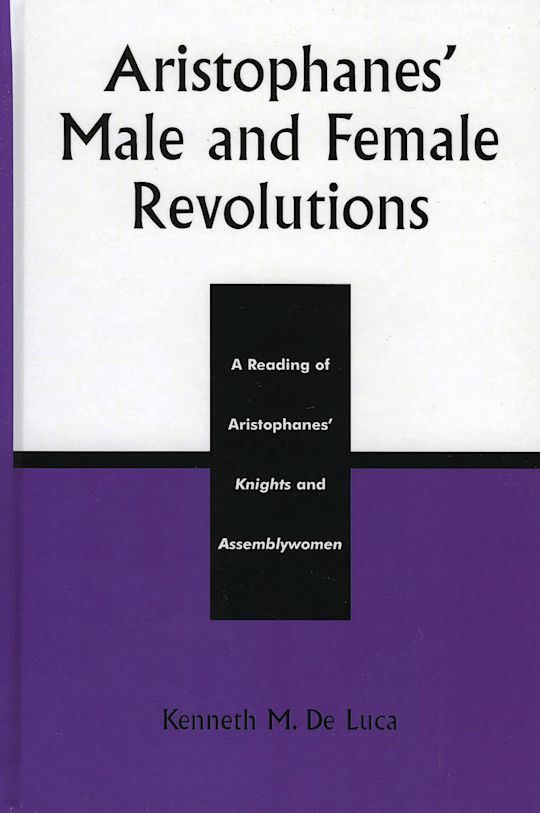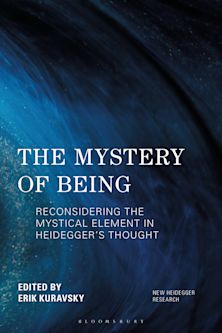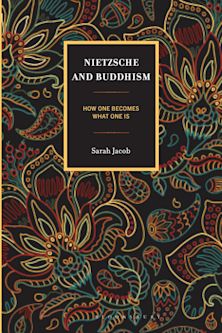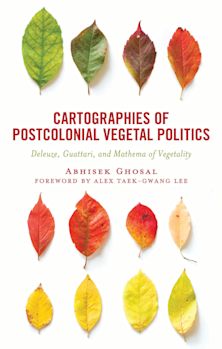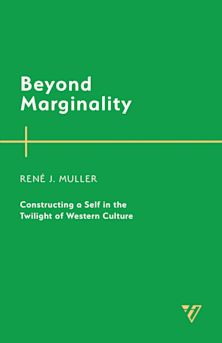- Home
- ACADEMIC
- Philosophy
- Philosophy - Other
- Aristophanes' Male and Female Revolutions
Aristophanes' Male and Female Revolutions
A Reading of Aristophanes' Knights and Assemblywomen
Aristophanes' Male and Female Revolutions
A Reading of Aristophanes' Knights and Assemblywomen
This product is usually dispatched within 2-4 weeks
- Delivery and returns info
-
Flat rate of $10.00 for shipping anywhere in Australia
You must sign in to add this item to your wishlist. Please sign in or create an account
Description
This book provides careful readings of Aristophanes' Knights and Assemblywomen, and shows that in considering both plays as a pair each is better understood. While the Knights concerns the perfect democratic ruler, the Assemblywomen is about the perfect democratic law. The first close reading of these works and exploration of the connection between them, Aristophanes' Male and Female Revolutions not only illuminates these two plays, but also offers insight into questions at the core of political life. Kenneth De Luca's detailed analysis will be valuable to scholars of political philosophy, classical studies, and democratic theory.
Table of Contents
Chapter 2 Demosthenes' Comic Plan
Chapter 3 The Deposing of Zeus
Chapter 4 The End of Demos' Democratization
Chapter 5 The Final Victory of Pleasure
Chapter 6 Praxagora's Lamp
Chapter 7 Praxagora's Political Philosophy: A Study of Her Rehearsal Speech
Chapter 8 The Price of Unity
Chapter 9 Praxagora's City of Pigs: The Hag Scene
Chapter 10 The Political Allegory of the Assemblywomen
Product details
| Published | 16 Mar 2005 |
|---|---|
| Format | Hardback |
| Edition | 1st |
| Extent | 164 |
| ISBN | 9780739108338 |
| Imprint | Lexington Books |
| Dimensions | 235 x 155 mm |
| Series | Applications of Political Theory |
| Publisher | Bloomsbury Publishing |
About the contributors
Reviews
-
In this fine analysis of two of Aristophanes' comedies, Kenneth De Luca shows the Athenian playwright to have offered a profound analysis of the fundamental problems of democratic politics, including the complex relation between politics and human nature. I strongly recommend Aristophanes' Male and Female Revolutions to students and scholars of political philosophy as well as of classical literature.
David Lewis Schaefer, Holy Cross College
-
De Luca's juxtaposition of the Knights and the Assemblywomen is richly rewarding. His penetrating analysis offers fresh insights into the philosophic significance of Aristophanes' plays.
Denise Schaeffer, Holy Cross College
-
According to ancient sources, Friedrich Nietzsche reports, Plato slept with Aristophanes under his pillow. Why was the political philosopher so enthralled by the works of this comic poet? De Luca helps us understand the fascination Aristophanes had for Plato by analyzing the possibilities and problems of democratic politics as presented in the Knights and the Assemblywomen.
Catherine H. Zuckert









